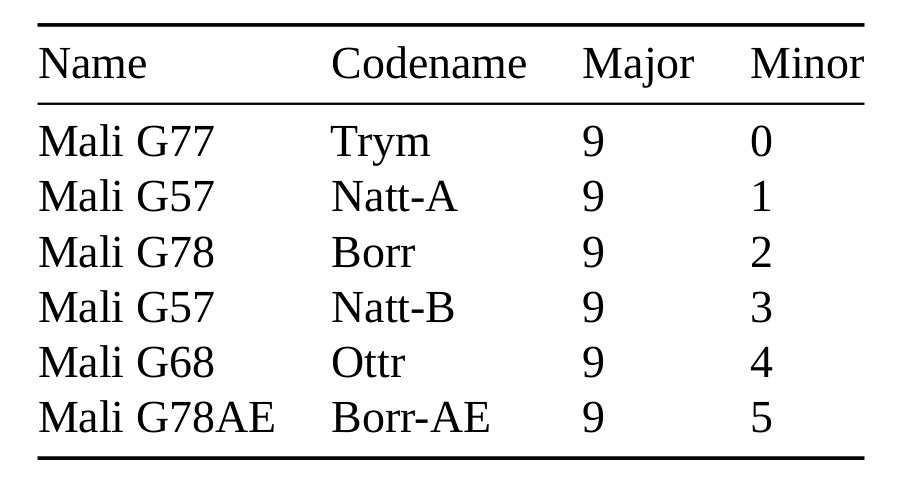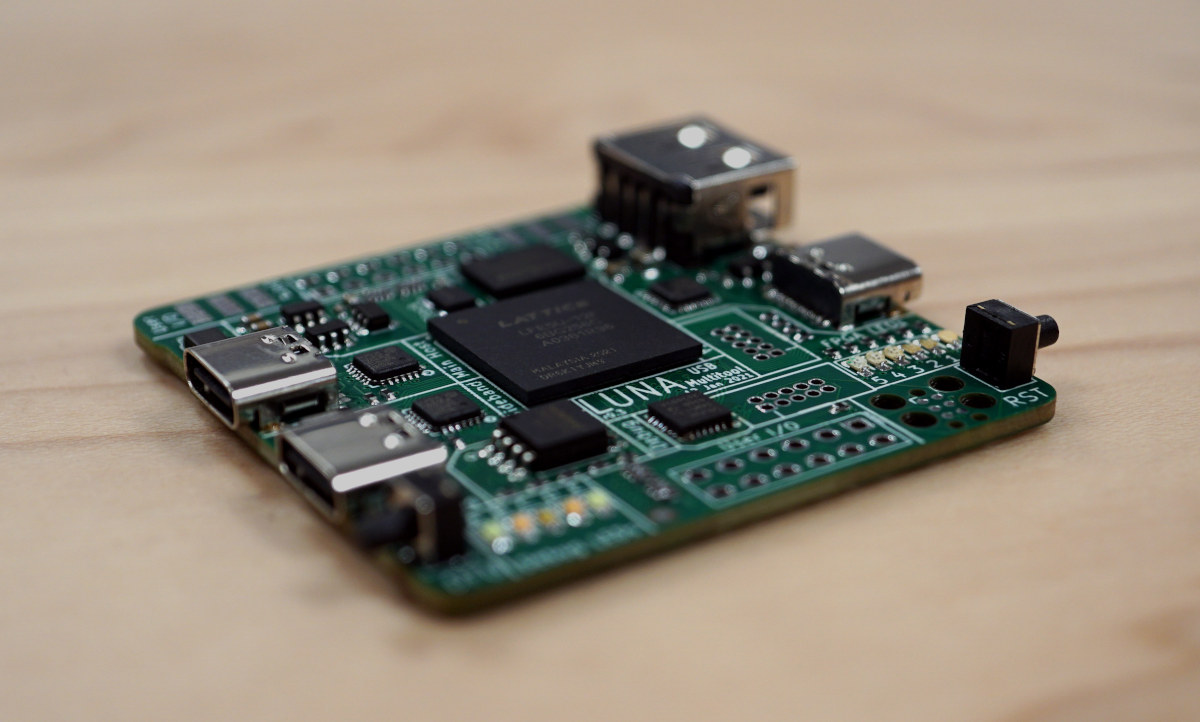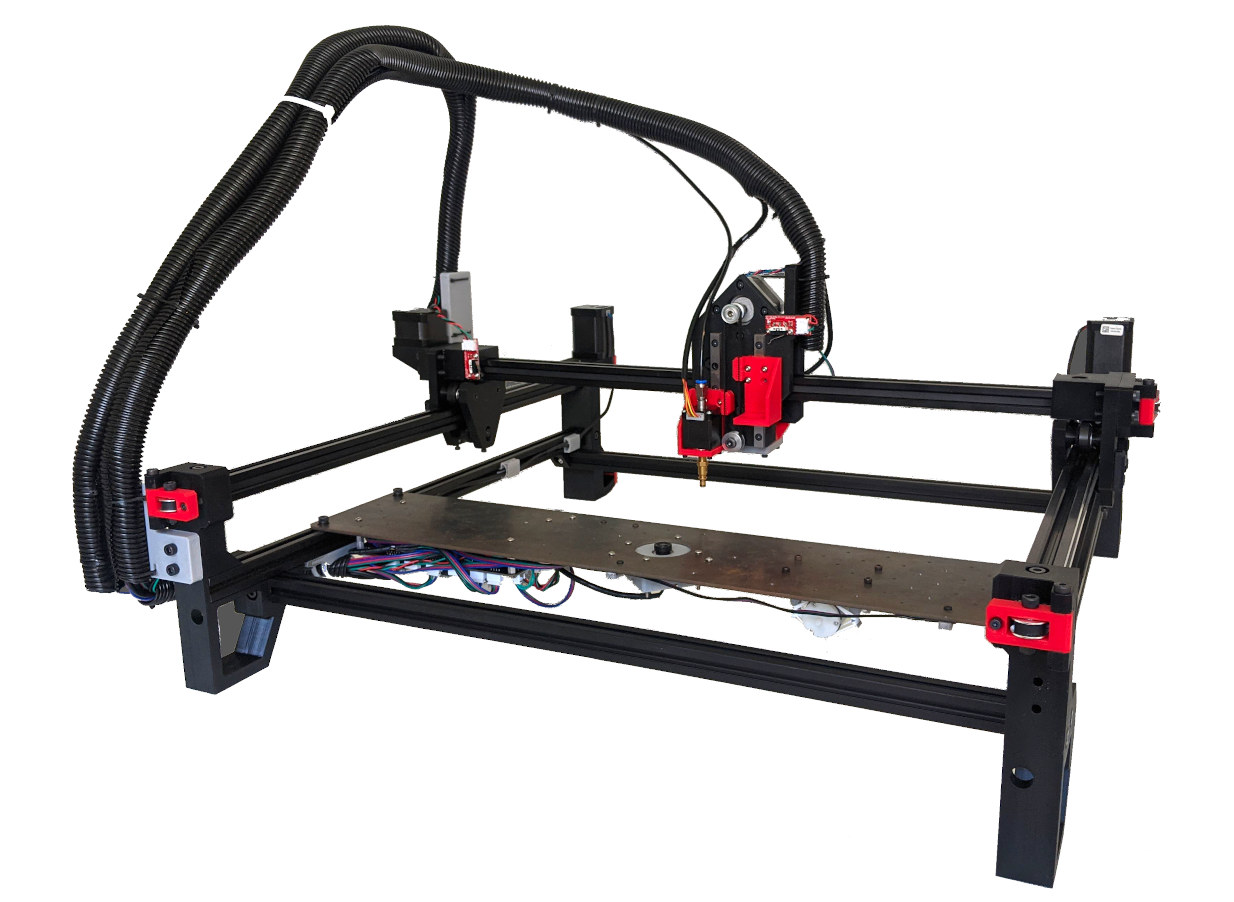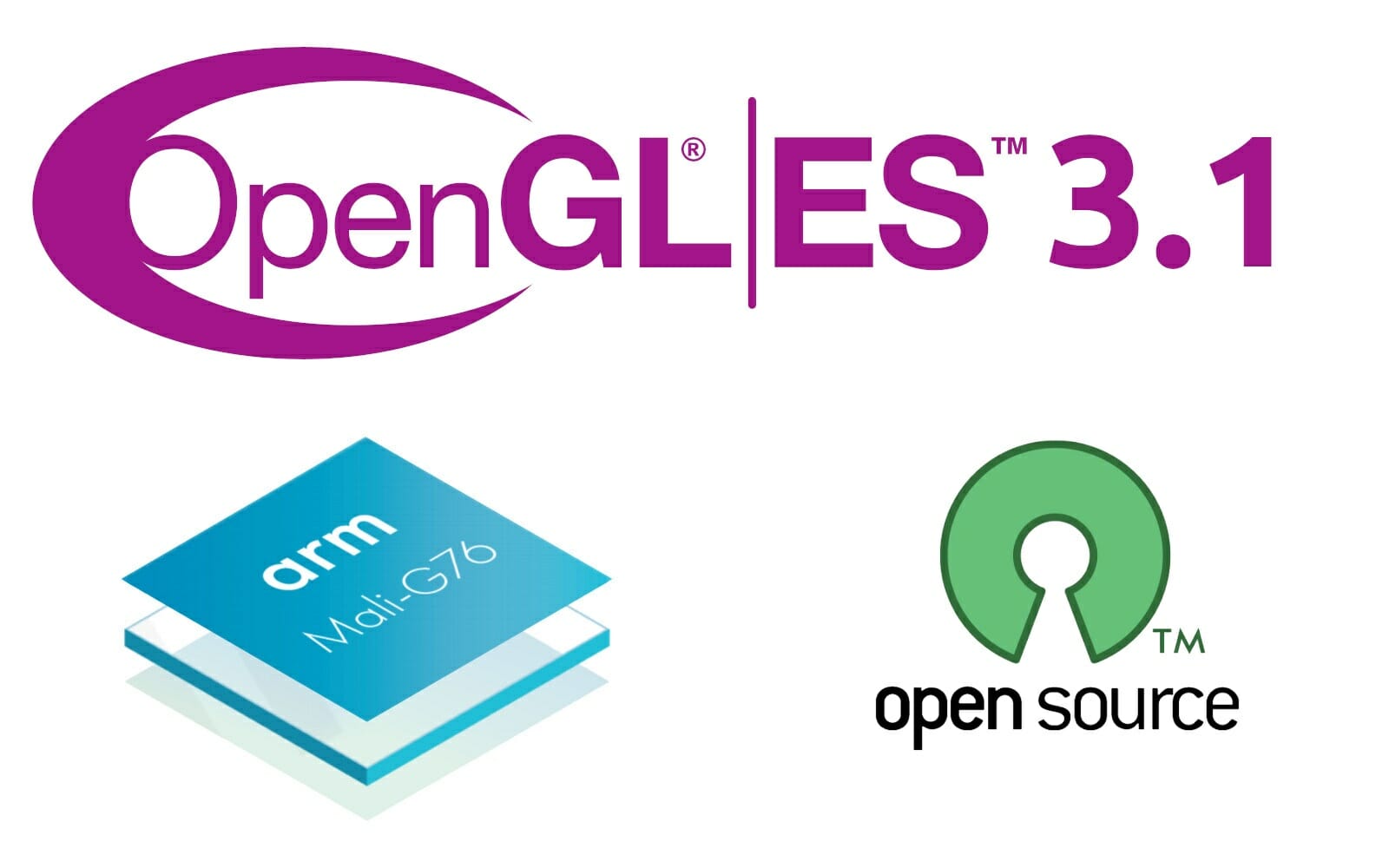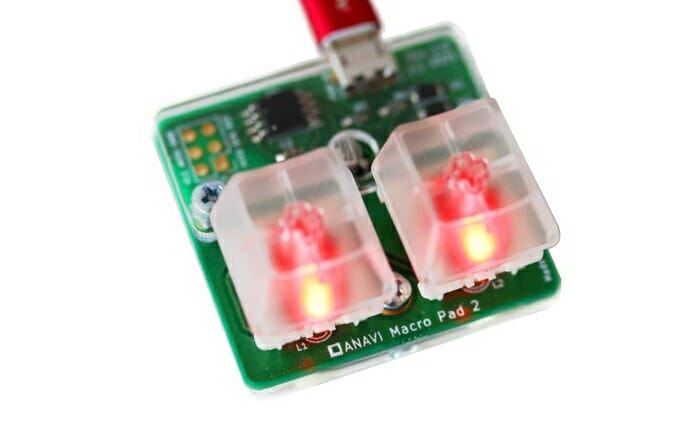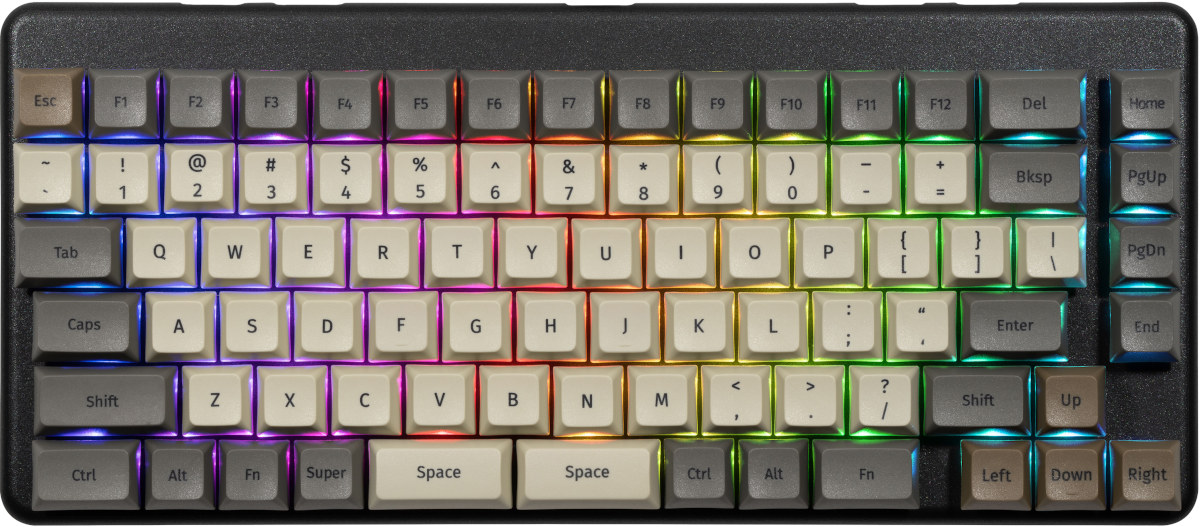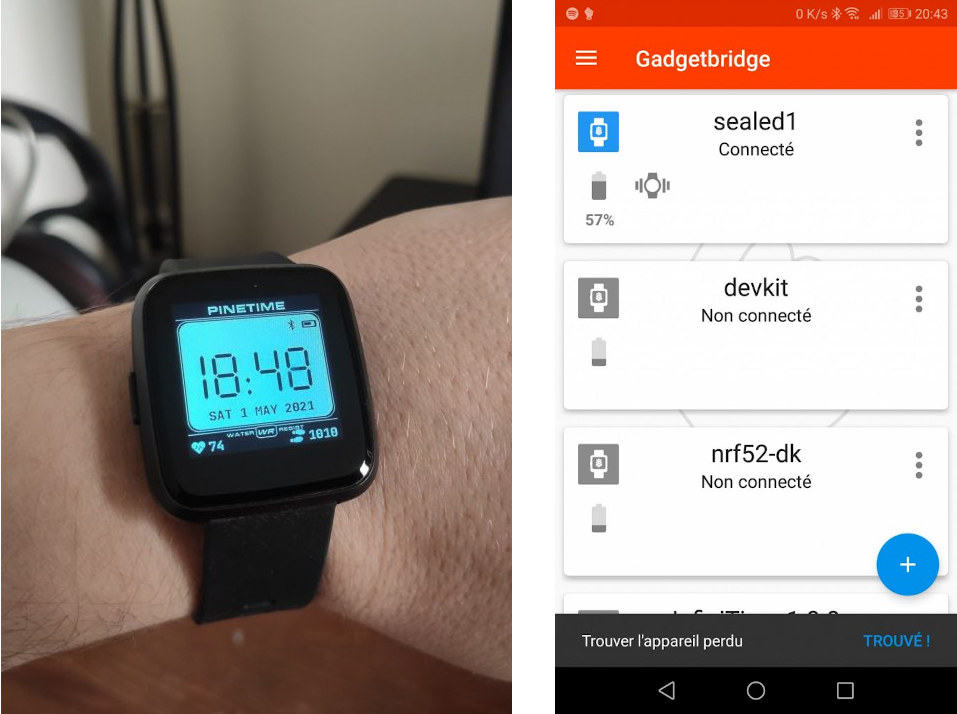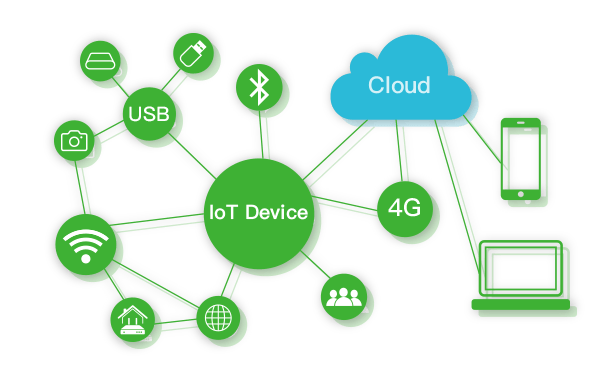Collabora has been working on Panfrost open-source GPU driver for Arm Mali Bifrost and Midgard GPU for several years, and even getting official support from Arm. But apparently, that support does not include documentation for Mali-G78 GPU and other recent Arm Valhall Mali GPUs, as the company recently reverse-engineered Mali-G78 for about a month before releasing the documentation on the Valhall instruction set (PDF). Other results from the reverse-engineering include an XML architecture description that can be parsed by programs, as well as a Valhall assembler and disassembler that were used as a reverse-engineering aid. Besides Mali-G78 “Borr” GPU, the work will be useful for other Valhall GPUs include Mali-G77 “TryM’, Mali-G57 “Natt-A/B”, Mali-G68 “Ottr”, and Mali-G78AE “Borr-AE” for automotive & industrial applications. Alyssa Rosenzweig explains Collabora’s work that was based on the International edition of the Samsung Galaxy S21 phone powered by Samsung Exynos 2100 system-on-chip with a Mali-G78 […]
Cynthion board enables USB Hacking through Lattice ECP5 FPGA (Crowdfunding)
Update 16/02/2023: The LUNA board has been renamed to Cynthion, but the gateware framework continues to be called LUNA. Several USB hacking/debugging boards were launched in 2020 either based on microcontrollers or FPGA with the likes of Tigard (FTDI FT2232HQ), Ollie (STM32F042), Glasgow Interface explorer (Lattice Semiconductor iCE40), or Protocol Droid (STM32). All those were launched on Crowd Supply, and there’s now another one with LUNA “multi-tool for building, analyzing, and hacking USB devices” based on a Lattice Semiconductor LFE5U-12F ECP5 FPGA that raised over $100,000 in a few days. Cynthion hardware specifications: FPGA- Lattice Semiconductor LFE5U-12F ECP5 FPGA with 12K LUTs System Memory – 64 Mbit (8 MiB) RAM for buffering USB traffic or for user applications Storage – 32 Mbit (4 MiB) SPI flash for PC-less FPGA configuration USB – 3x High-Speed USB interfaces, each connected to a USB3343 PHY capable of operating at up to 480 Mbps. […]
Index PnP – An open-source pick-and-place machine for mid-scale manufacturing
We’ve previously written about one open-source pick-and-place machine, SimplePNP aiming to provide a low-cost solution for several hundred dollars and relying on OpenPnP open-source control software. But Stephen Hawes found out this type of solution did not cut it for mid-scale manufacturing (100 to 5000 units per year), so he decided to build his own. Meet Index PnP, an open-source pick-and-place machine designed for mass-production volumes typical of crowdfunding projects. The project was introduced launched with the following requirements Automated – no human interaction necessary from attaching the paste-applied board to the machine to having a board ready for reflow Capable of picking and placing components down to 0603 passives Integrated up and down vision for fiducial scanning and on-nozzle component alignment Automatic nozzle tip changer to support a wide range of component sizes Frame and motherboard design capable of future upgrades Mechanical and Electrical support for conveyor belt module […]
Panfrost now supports OpenGL ES 3.1 on Midgard (Mali T760 and newer) and Bifrost (Mali G31, G52, G76) GPUs
OpenGL ES 3.0 experimental support for Panfrost open-source Arm Mali GPU driver was announced in February 2020 and culminate with the release of Mesa 20.3 with Panfrost support last December. Collabora has now started to work on Panvk, Panfrost Vulkan driver, but that does not mean OpenGL ES work is done, and the company has just published a blog post about OpenGL ES 3.1 support in Panfrost. Alyssa Rosenzweig explains OpenGL ES 3.1 extends to both the older Midgard GPUs that include Mali T760 and newer version, and the more recent Bifrost GPUs with Mali-G31, Mali-G52 and Mali-G76. Compared to OpenGL ES 3.0, OpenGL ES 3.1 adds compute shaders, indirect draws, and no-attachment framebuffers. Boris Brezillon, Italo, Nicola, Alyssa, and the wider Mesa community especially focused on Mali-G52 GPU, found for instance in Amlogic A311D and Rockchip RK3566, with Panfrost driver passing essentially all of drawElements Quality Program and Khronos […]
2-key mechanical USB keypad runs QMK firmware (Crowdfunding)
System76 Launch high-end customizable keyboard for PC’s that we covered earlier this week, and ANAVI Macro Pad 2 2-key mechanical USB keypad should not have anything in common, but they do to some extent. Both happen to feature backlit mechanical keys, are open-source hardware, and run the same Quantum Mechanical Keyboard Firmware (QKM) open-source firmware. ANAVI Macro Pad 2 specifications: MCU – Microchip ATtiny85 8-bit AVR microcontroller with 8 KB ISP Flash memory, 512 bytes EEPROM, 512 bytes SRAM Keys – Two Gateron Red mechanical switches with 3 mm LED backlighting and translucent keycaps Host connection – MicroUSB port Dimensions – 40×38 mm OSHWA certification – BG000077. ANAVI Technology says the key is compatible with Windows, MacOS, and GNU/Linux support, but as a USB keypad, it should probably just work with any host device supporting the USB HID class. ANAVI Macro Pad 2 is a smaller version of the earlier […]
System76 Launch is an open-source hardware, configurable keyboard
System76, the company better known for its Linux laptops, has launched an open-source hardware, configurable keyboard. Meet System76 Launch. The keyboard firmware, schematics, and mechanical files are all open-source. Launch ships with an ANSI US QWERTY layout but can be customized through a configuration program for Windows, Linux, and macOS, and a key puller is included to easily replace/change keycaps as needed. System76 Launch keyboard specifications: Open-source custom PCB Individually addressable RGB LED backlighting N-Key Rollover to detect all keystrokes no matter how many keys are pressed simultaneously Sockets and Switches Kailh MX Hotswap Sockets Kailh Box Jade or Kailh Box Royal Switches Key Caps – PBT plastic, dye sublimated legend, XDA profile Layout – ANSI US QWERTY Integrated USB hub with 2x USB 3.2 Gen 2 Type C (Up to 10 Gbps), 2x USB 3.2 Gen 2 Type A (Up to 10 Gbps) Open-source milled chassis design with detachable […]
Why you should request open-source software for your IoT devices
I usually think of open-source hardware and/or software are enabling skilled people to more easily fix bugs, improve on the design, get feedback from the community, etc… But in a world where IoT devices become more prevalent, there’s another reason why you should request open-source software: Long term support. What made me think about are two things. The first one if that I own WeLoop Hey 3S smartwatch, which I love and wear since March 2018. That’s quite a feat since most cheap devices I own often only last a few months or a year or so. I’m also used to the watch face and Weloop app interface. So what’s the problem exactly? WeLoop company closed on December 31, 2019, and while the app worked fine for about a year after that, recently I have been unable to login to the app to access my data and/or update settings for […]
HybridOS is an open-source operating system designed for smart IoT devices and cloud computing environment
As I wrote about the “Summer 2021 of Open Source Promotion Plan” earlier, I noticed a new open-source operating system called HybridOS described as “totally new” and designed for “smart IoT devices and cloud computing environment”. It’s actually more of an ecosystem than an operating system, as it offers three main components with a device side running on devices running Linux kernel or another POSIX-compatible kernel, a server side running on servers in the cloud, and a client side to manage the cloud and devices from Windows, Linux distributions, iOS, or Android. HybridOS Device Side relies on several open-source projects including: hiWebKit, the HybridOS derivative of WebKit: hiACEJS, the HybridOS derivative of OpenHarmony ACELite hiViewRenders, the renderers for hiview tag of hiWebKit hiShell, the app running environment (the shell) Various Graphics stacks including hiMesa, the HybridOS derivative of Mesa hiCairo, the HybridOS derivative of Cairo: hiDRMDrivers, DRM Drivers for HybridOS […]


